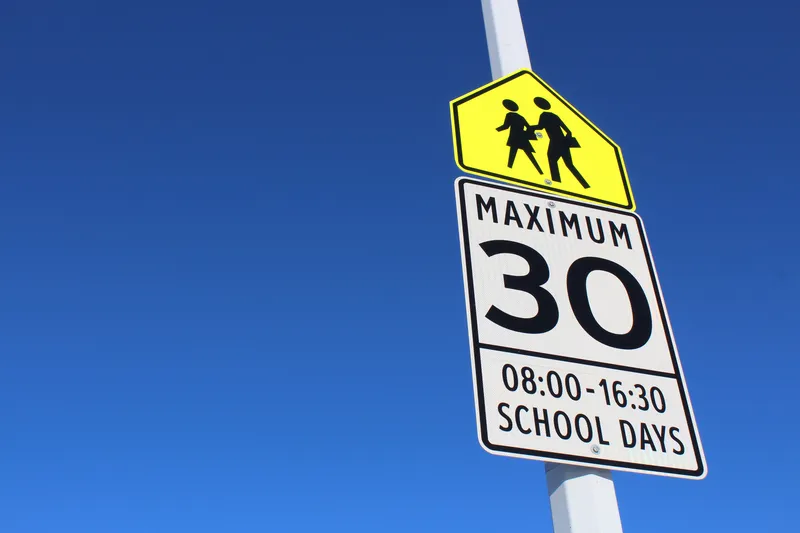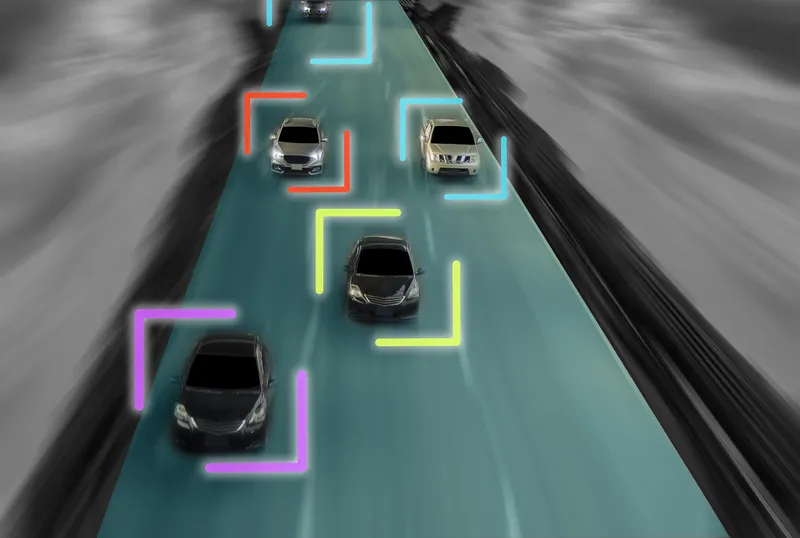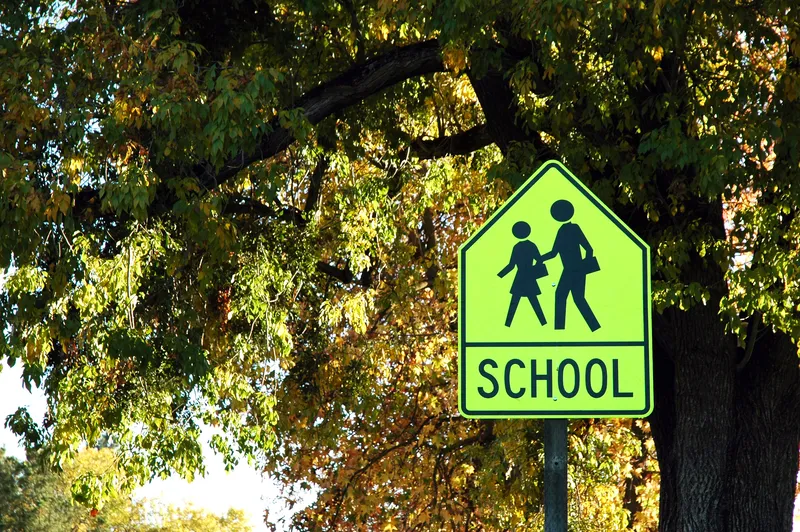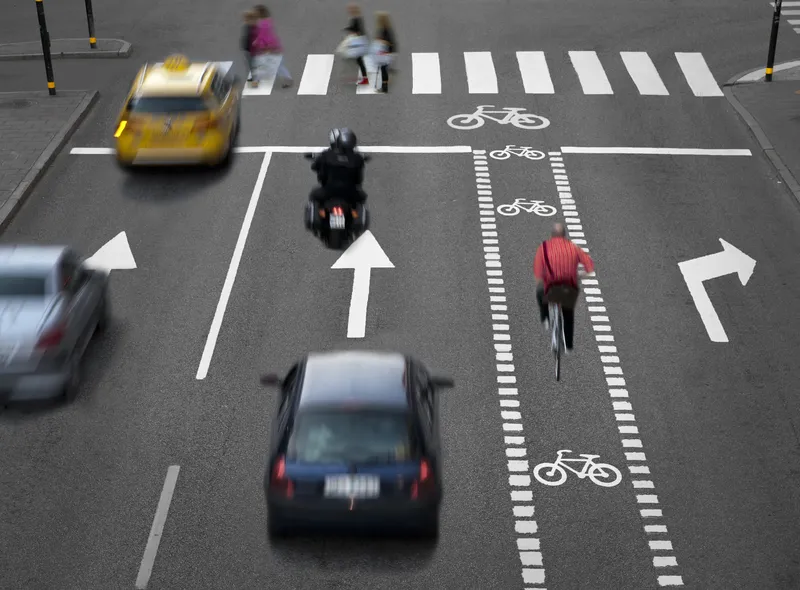
Applied Information is partnering with JSF Technologies to provide solar-powered school zone safety beacons and mid-block crossing beacons for use around schools.
The safety beacons notify drivers to slow down when students are arriving and leaving school, while the mid-block products warn motorists that a pedestrian is crossing the road.
The first large-scale deployment is in Toronto, Canada, where more than 500 school zone safety beacons are deployed with more to come in 2023 and 2024.
Both solutions are Internet of Things (IoT)-connected, which means traffic engineers can monitor and control the devices, and they can also communicate with connected vehicles.
“Our partnership with Applied Information represents a cohesive approach in meeting the growing demand for intelligent transportation infrastructure,” said Phil Eastman, general manager of JSF.
Peter Ashley, Applied's vice president of business development, says: “We look forward to a successful partnership by providing proven, safety enhancements for communities across North America.”










